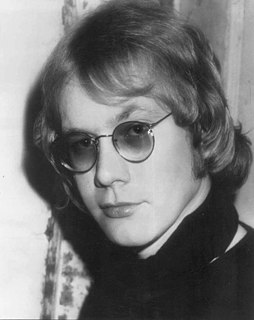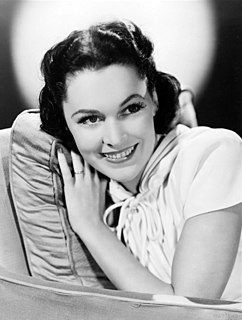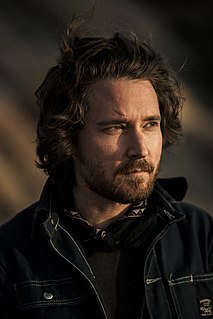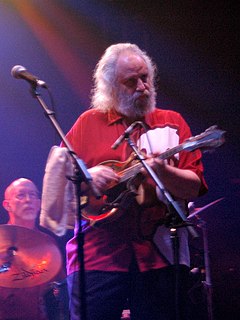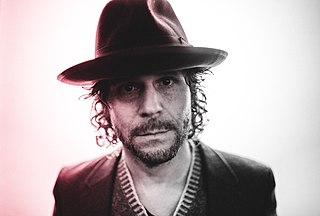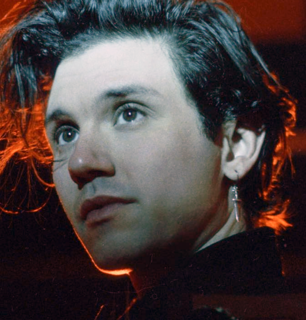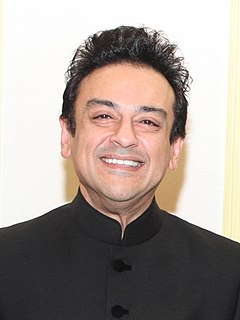A Quote by Warren Zevon
Well, I don't think it ever did, but in the early '60s I got interested in folk music.
Quote Topics
Related Quotes
I think there's a difference between the type of folk music that people put into the box of "folk music" and then there's the kind of folk music that I aspire to and am in awe of, and that is the kind of folk music where it's very limited tools - in most cases a guitar, in a self-taught style that is idiosyncratic and particular to that musician.
I think what makes the Byrds stand up all these years is the basis in folk music. Folk music, being a timeless art form, is the foundation of the Byrds. We were all from a folk background. We considered ourselves folk singers even when we strapped on electric instruments and dabbled in different things.
Early American music and early folk music, before the record became popular and before there were pop stars and before there were venues made to present music where people bought tickets, people played music in the community, and it was much more part of a fabric of everyday life. I call that music 'root music.'
I think I'm fascinated with history and - just in general. And I'm always interested in how did - how did this come to be? Why is this the way it is? And even singing classical voice, I quickly became more and more interested with early music, baroque voice. And that became an obsession to me - just figuring out how - who are the ancestors of whatever it is.
When you listen to the Anthology of American Folk Music, or anything like that - a compilation of garage bands from the Northeast in the early '60s - you're not necessarily listening to the band and thinking about the lead singer, or the story of the group, or the context or the mythology of the group. You're just listening to the song and whether or not it has a hook.
